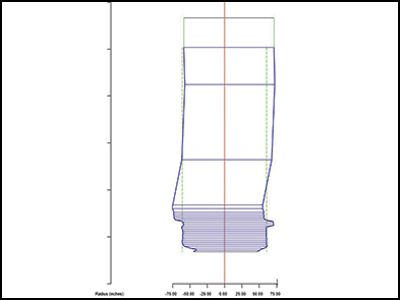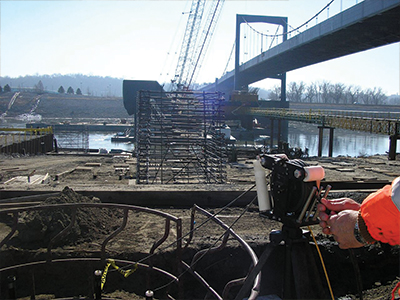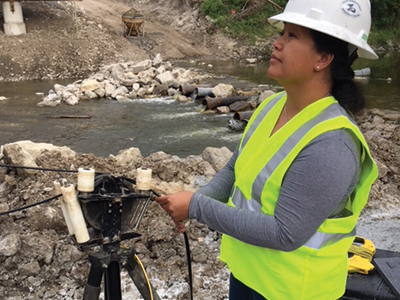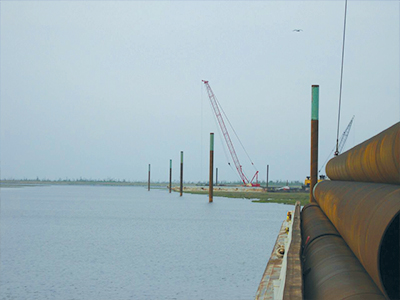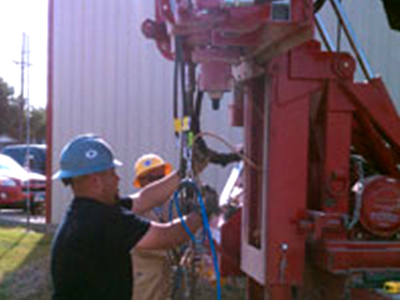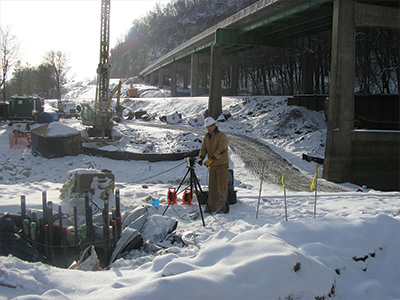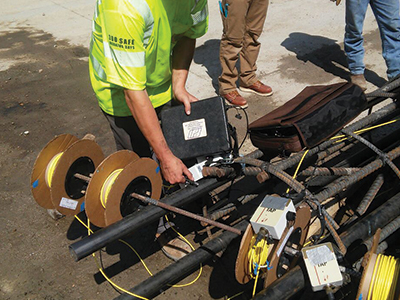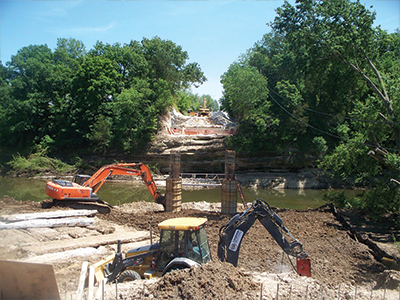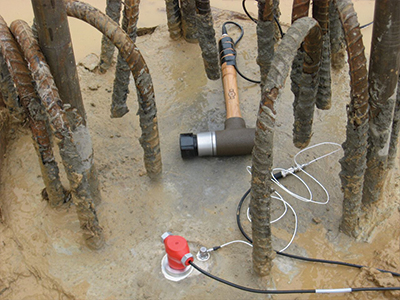FTC will provide experienced staff to attend to your project needs in a highly responsive manner. We provide services from project conception, design, construction and long-term monitoring. Some of our key services include:
● Cross-hole sonic logging (CSL) of drilled shafts
● Thermal Integrity Profiling (T.I.P) testing of drilled shafts and cast-in-place piles
● Dynamic pile testing
● Camera observation
● Vibration monitoring
● Construction observation
● Geotechnical investigation services
● Pre-construction phase pile foundation constructability review
● Design and installation of geotechnical instrumentation systems
● Forensic engineering
● Expert witness/litigation support

